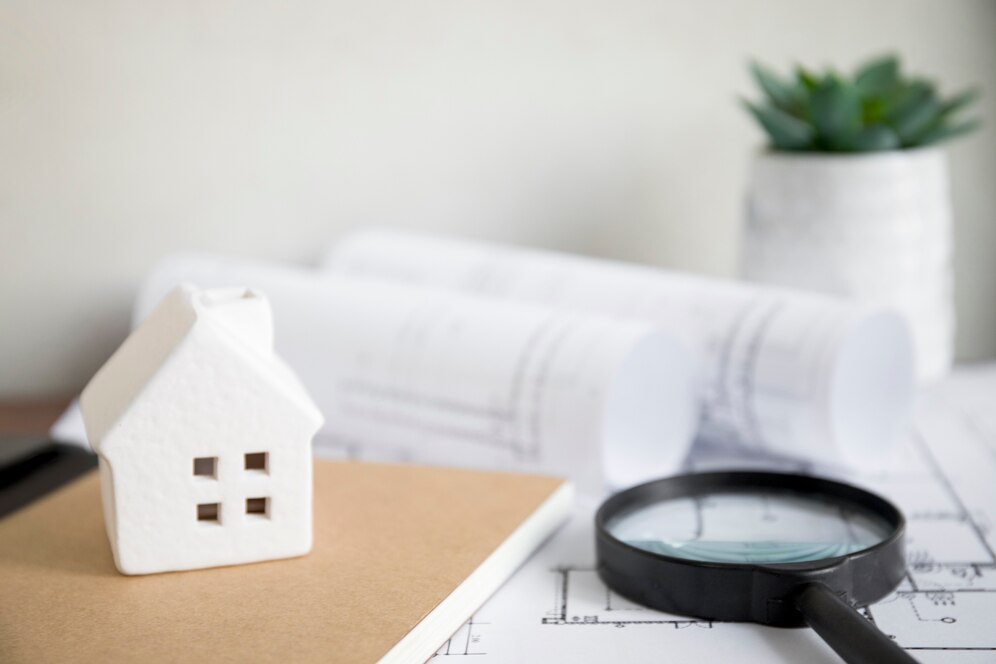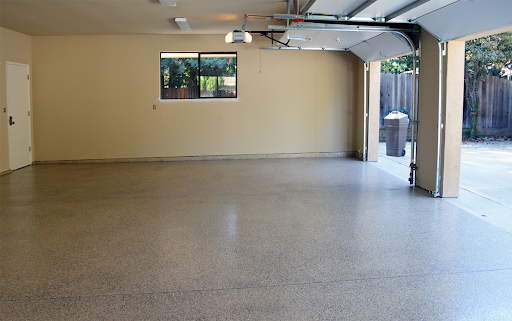An inspection can be an integral component of the home-buying process, providing invaluable insights into a property’s condition. According to First & Main Property Management services, understanding home inspections – both as a prospective first-time buyer or veteran homeowner – is the key to making sound decisions about real estate purchases and investments. To assist buyers and seasoned owners alike, this comprehensive guide presents answers to seven frequently asked questions regarding this aspect of real estate investments and inspections in general, so they know what lies ahead and are properly equipped.
What Exactly Is a Home Inspection?
A home inspection is a thorough assessment of a property’s structural integrity and the condition of its various systems. It’s conducted by a professional home inspector who examines elements like the roof, foundation, electrical systems, plumbing, HVAC, and more. The objective is to identify any existing problems that might require immediate or future repair. Ready to secure your peace of mind? Book a home inspection in temecula now.
The Role of a Home Inspector
Home inspectors are experts at spotting hidden issues which might not be apparent to an untrained eye, providing detailed reports following inspection that can influence purchasing decisions, negotiations or maintenance plans.
Why Is a Home Inspection Important?
An inspection’s value lies in its ability to unearth hidden issues that might otherwise go undetected, protecting buyers against unexpected repairs and expenses as well as potentially providing leverage when it comes time to negotiate sale price negotiations if significant problems are revealed. An inspection can save both time and money in the long run; don’t skimp out!
Beyond the Surface
Though a property might appear ideal on first inspection, hidden issues could exist that make purchasing this home impossible. An independent home inspection will reveal any deal-breaking flaws before you commit.
When Should You Get a Home Inspection?
Home inspections typically occur once an initial agreement has been made on a home purchase but before its formalization. During this contingency period, buyers have the right to have it inspected, negotiate or withdraw as appropriate depending on its findings.
Timing and Negotiation
Scheduling the inspection early in the contingency period leaves enough time for any further inspections or negotiations based on the inspector’s findings.
What Does a Home Inspection Cover?
An average home inspection usually covers the condition of a property’s heating system, central air conditioning unit (temperature permitting), interior plumbing and electrical systems as well as visible insulation in roof attic walls ceilings floors windows doors foundation basement and structural components.
The Importance of Heating Repair in Comprehensive Home Inspections
Home inspections emphasize the value of professional heating repair; its importance cannot be overemphasized. Not only is heating maintenance vital to providing warmth on cold evenings but it is also crucial for protecting all members of the household from potential danger. Heating systems often go overlooked until they fail, which may harbor hidden issues that lead to costly repairs or safety hazards if left unaddressed. Unlock a wealth of HVAC expertise tailored specifically for your home needs when you visit us at https://alliedexperts.com/ and discover even more! Home inspections with heating repair built into them provide homeowners with a proactive measure, identifying any potential issues before they deteriorate further. It gives them peace of mind knowing every corner has been thoroughly examined, and every system working optimally. Although well-kept heating systems provide comforting warmth, their true value lies in giving people peace of mind knowing their dwelling is secure and sound.
The Limitations of a Home Inspection
While comprehensive, a home inspection isn’t exhaustive. It doesn’t typically include areas that are inaccessible or not visible, like behind walls or under the ground. Specialized inspections for mold, pests, or asbestos might be needed in addition to the standard inspection.
How Long Does a Home Inspection Take?
The duration of a home inspection can vary, but most take a few hours to complete. The size, age, and condition of the home are factors that can affect how long the inspection takes.
Patience for Peace of Mind
Though it may be time-consuming, a thorough inspection is a crucial step in the home-buying process, providing a valuable overview of the property’s condition.
Can You Fail a Home Inspection?
The term ‘fail’ doesn’t really apply to home inspections. Instead, the inspector provides an objective assessment of the property’s condition. It’s up to the buyer to decide whether to proceed with the purchase, negotiate the price, or walk away based on the information provided.
Decision-Making Post-Inspection
The inspector’s findings can serve as a powerful tool in the decision-making process, but there’s no pass or fail outcome.
Who Should Attend the Home Inspection?
It’s advisable for the buyer to attend the home inspection. This provides an opportunity to observe the inspector, ask questions, and gain firsthand knowledge about the condition of the home.
The Benefit of Being Present
By being present, you can ensure that the inspection is thorough and that you understand the scope of any issues discovered.
What Should You Do After the Home Inspection?
After the inspection, review the inspector’s report carefully. You might choose to negotiate repairs or a price reduction, or you might decide to ask for an extension of the contingency period to conduct further inspections.
Informed Actions
Before making any major decisions about a property, consult a home inspection expert first for detailed insights into its condition and value. Your final decisions can then be based on this knowledge base.
Home inspections are an integral component of home buying, providing prospective homebuyers with peace of mind and clarity as part of the home-buying experience. By asking pertinent questions and understanding the inspection process, buyers can navigate home inspections with greater ease – whether that means uncovering potential issues or simply validating quality investments, home inspections are invaluable tools when buying real estate.









